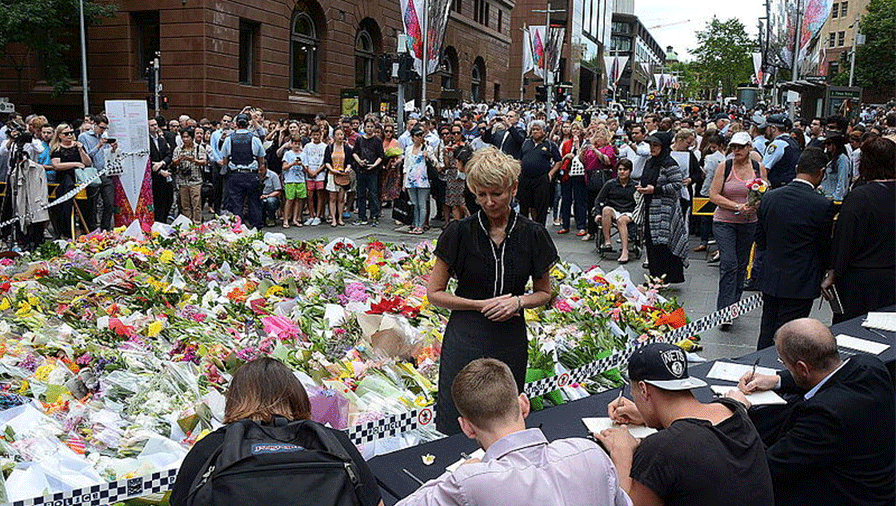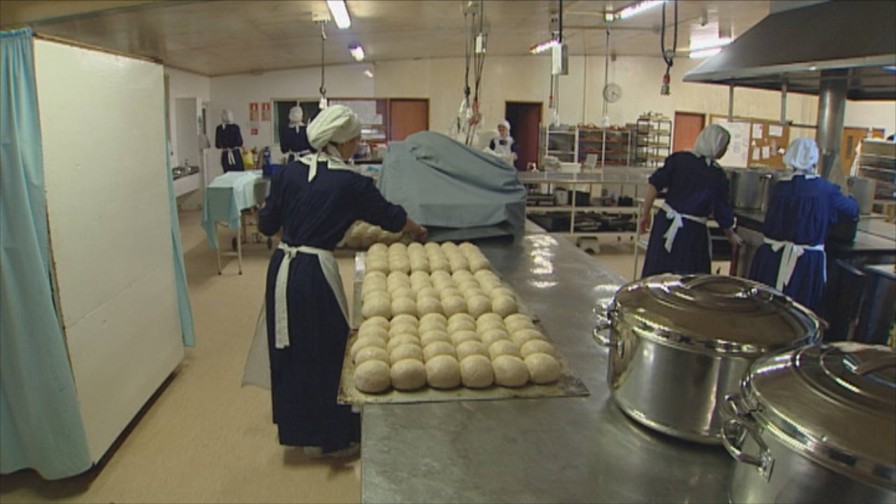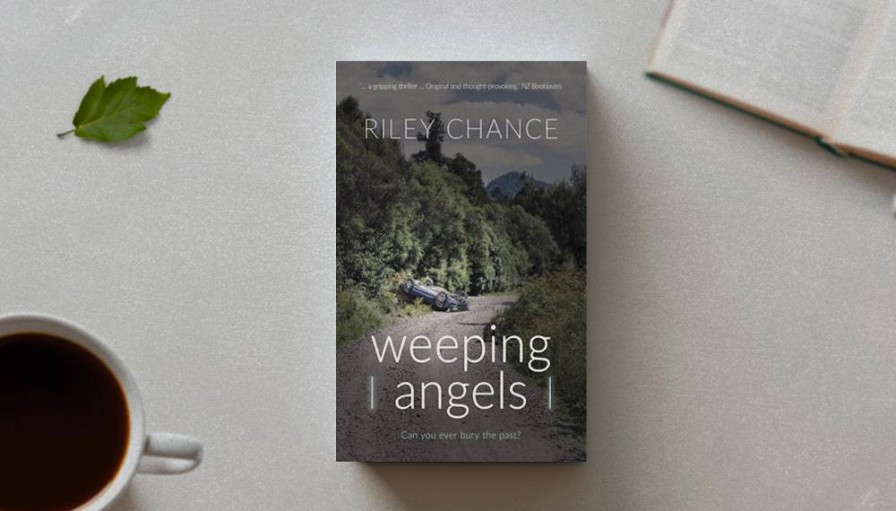Feminist crusaders target family violence
Local thriller exposes protection order loophole.
Weeping Angels, by Riley Chance.
Local thriller exposes protection order loophole.
Weeping Angels, by Riley Chance.
A recent news report in Australia caught my eye as it involved public attitudes toward misogyny, racism, and violent extremism. Such surveys can be suspect, as the researchers usually have a fixed agenda.
These can range from Family First wanting to limit the influence of “rainbow” groups through to wokish academics trying to keep conservative views out of universities.
The Misogyny, Racism, and Violent Extremism report was prepared by Dr Sara Meger, a lecturer in international security and gender in international relations at the University of Melbourne. Her specialty is the role of gender in armed conflict and political violence.
She sent her research to government agencies in the hope it would help Australia’s Security Intelligence Organisation redefine what was recognised as violent extremism.
Among its findings were that a fifth of men surveyed – 100 out of a sample of 1020 men and women – thought feminism was dangerous to society and should be fought with violence if necessary. In addition, some 30% of all respondents agreed or slightly agreed with hostile sexist attitudes.
Some of the statements put to the respondents alleged that feminism had ruined modern relationships and that feminists were trying to get more power than men.
“The research found hostile sexist attitudes and attitudes permissive of violence against women are strongly associated with most forms of violent extremism, including extremism motivated by religion, ethnicity, and incel ideologies,” The Australian reported.
Meger also told that newspaper: “We were motivated to do this research because … we thought we needed some empirical data to corroborate the growing recognition that there is some sort of element of gender ideology driving violent extremism.”
Furthermore, if violent anti-feminist beliefs were a form of extremism, it would be the most prevalent form in that country. Men in the 18-39 age bracket were most likely to hold these views.

The 2014 Café Lindt siege in central Sydney produced a huge public reaction.
“These young men, for whatever reason, who are struggling socially, financially, emotionally, they’re looking for answers in these online forums. They find an easy one and blame feminism. Some forums might say feminism is the reason your life isn’t as good,” Meger said.
She referenced the Lindt Café siege terrorist in Sydney, who had a domestic violence intervention order against him at the time of the attack. Another was the Bondi Junction killings in April, when a man fatally stabbed five women and one man. He injured a further 12 people in the shopping mall frenzy.
The 40-year-old killer’s father said he was frustrated by his lack of dating success. Police, who shot him, said he was known to them as a transient with mental health issues.
Such incidents are fodder for true crimes stories, whether told on the screen or in books. Meger’s identification of gender and feminism will be accepted by many. Fewer will agree with her research, published on the eve of the Russian invasion of Ukraine in February 2022, that no such attack was likely.
She argued that the Russian build-up was a defensive move, prompted by Western moves to support Ukraine against any attack. Her article is still on the university website.
The Lindt Café siege is more relevant to this week’s book review, as it concerns a protection order taken against the perpetrator, who also had mental health problems and was inspired by jihadism. He held 18 hostages, shooting one of them. Police killed him and two hostages, ending the 16-hour siege.

Palmerston North author Riley Chance.
Nothing as dramatic happens in Weeping Angels, the latest novel from Palmerston North writer Riley Chance, a pseudonym for Roger McEwan. He first came to my attention with the post-Covid lockdown thriller The Democracy Game, in which an alt-right plot to take over New Zealand is thwarted.
This drew on real events such as the Exclusive Brethren’s cosying up to National in the 2017 general election and attempts by some fringe groups to exploit populist policies. Working against them is a feminist RNZ reporter called Grace (aka Ace) and Marla, a resourceful former American intelligence agent who is lying low in New Zealand.
They first appeared in Surveillance (2022), where Chance raised issues about the lack of privacy. In Weeping Angels, Ace and Marla combine in an operation to outwit a religious community, modelled on Gloriavale, and dangerous men who ignore or frustrate protection orders from their battered spouses.

Gloriavale provides a model for fictional religious community.
Chance questions whether the courts or police are effective in protecting women from abusive partners because such orders can only be obtained through expensive legal action. He claims to have personal experience of being a “target” for family violence.
After the death in a car accident of a middle-aged elder in the closed religious community, his teenaged wife flees and starts a new life in the outside world. Her first job is a receptionist at a law firm in Hamilton. She sees an opportunity to help other women in her position by starting an unlicensed pay-it-forward private-eye business that collects evidence of protection order breaches or the need for them.
Cases are prepared for the courts and clients gain access to motivated female lawyers by paying back legal fee loans when they can afford it.
The business, called Weeping Angels, outgrows its original model, moves to the bigger market of Auckland, and draws on the financial resources of a philanthropic socialite. Eventually, the religious community throws a spoke in the works when they recapture the runaway widow, whose disappearance is being investigated by Ace and Marla.
Chance keeps the action going through quick-fire dialogue and minimal exposition. But this doesn’t stop him from making repetitive references to RNZ’s parsimony in its reporters’ expenses (though Ace doesn’t spend much time filing stories), the “broken” judicial system, and the hard-liquor habits of religious elders.
Snide digs at Koru Club members and other wealth-envy attitudes of the ‘soft left’ are part of Chance’s package to prick political consciousness in his readers.
Although self-published, Chance engages the professional editing skills of former Penguin publisher Geoff Walker. Weeping Angels does not tax the reader and its local descriptions provide a comfort zone for those who appreciate familiar settings in their fiction.

Weeping Angels, by Riley Chance (Copy Press Books).
Nevil Gibson is a former editor-at-large for NBR. He has contributed film and book reviews to various publications.
This is supplied content and not paid for by NBR.
Sign up to get the latest stories and insights delivered to your inbox – free, every day.